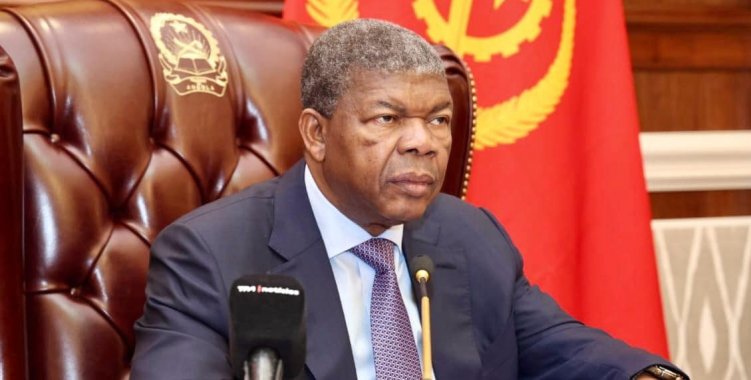João Lourenço was speaking at the opening of the 2nd Council of the Republic, a consultative body that meets to discuss important issues for the country, dedicated this Wednesday to the topic of food security.
He stressed that the government wants to continue supporting family farming and that the emergence of new municipalities within the scope of the Administrative Political Division (with which Angola increased from 18 to 21 provinces and from 164 to 324 municipalities) will allow for the continued construction of schools, medical clinics and other small infrastructures in rural areas to “retain families living there and attract those who are anxious and unemployed in the cities to increase the workforce in the countryside”.
“The executive, political parties, churches and civil society must reject the negative discourse and take the lead in encouraging rural families for the good results of the work that family farming is currently presenting in all provinces”, he continued.
The President stated that the success of the fight against hunger and poverty “does not depend on increased imports or on fiscal and exchange rate policy”, but rather on a greater supply of locally produced food.
“Therefore, the secret is to work harder and with better farming practices to obtain the highest possible yield per hectare”, he stressed, regretting that “those who from sunrise to sunset bend over with a hoe in hand to ensure that there is no shortage of food on the tables of Angolans” are rarely honoured.
Family farming contributes more than 80 percent of the food products in the Angolan basic food basket, made up of 16 products, many of which are imported, on which Angola spends 200 million dollars per month.
“With the peace we have enjoyed for 22 years, today’s battlefield must be the agricultural fields, where farmers and peasants with their selfless work extract the food products that we need to continue importing. We must look at peasant families with more respect and consideration (…) because they provide us with our daily bread, the country is already producing enough but not enough”, urged João Lourenço.
The head of the executive presented the councillors with an update on food security and national production, highlighting that the executive's policies aim to stimulate the internal production of food products and reduce imports.
“Our ambition is to see the products in the basic food basket and the strategic food reserve consisting essentially of products produced, processed and packaged locally”, he stressed, estimating that fertilizers and animal vaccines will be produced locally by 2027 with the launch of the fertilizer industry in Soyo and the completion of the vaccination center in Huambo.
The government is also committed to creating more slaughterhouses, logistics platforms, rice and wheat husking units and storage silos, not only in the Lobito Corridor but also in other strategic locations to absorb the national production of cereals and grains such as corn, rice, wheat, sorghum and soybeans.
João Lourenço spoke about the considerable reduction in beef imports “which were draining foreign exchange” (according to government data, beef imports fell by 43 percent last year) and stressed that the major infrastructure projects in Cunene and in the future in Namibe and Huíla as part of the fight against the effects of drought are not only intended to save human lives, but should also serve to produce food and fish on a large scale.
“We are talking about a storage capacity of 1,896 million cubic meters of water from 440 kilometers of canals” when the four ongoing projects in Cunene province are completed next year.
The Council of the Republic is made up of 23 personalities, including political and religious leaders, businesspeople and journalists, most of whom are linked to the MPLA.







